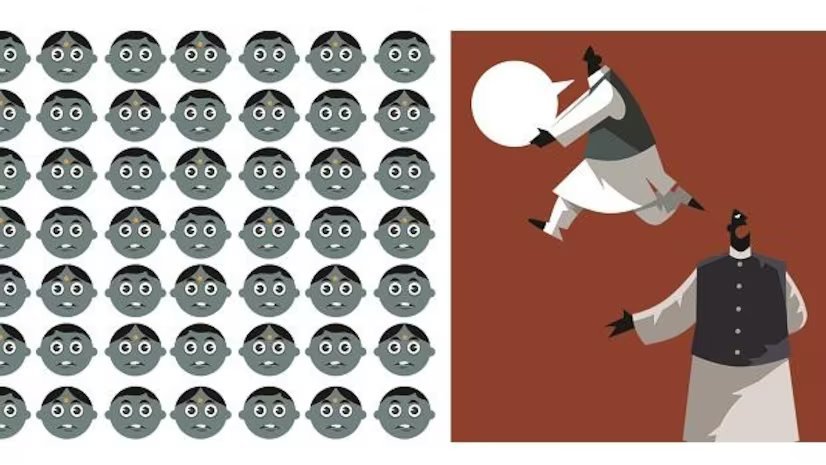Pakistan is a country that has struggled to maintain a stable democracy since gaining independence from British rule in 1947. Despite several attempts at democratic governance, the country has experienced periods of military rule and political instability, leading many to question the future of democracy in Pakistan.
One of the key challenges facing democracy in Pakistan is the influence of the military, which has played a dominant role in the country’s political landscape since its inception. The military has been involved in several coups and has often exerted significant influence over civilian governments, which has led to concerns about the military’s commitment to democratic values.
In addition to the military’s influence, Pakistan has also struggled with issues such as corruption, sectarian violence, and terrorism, which have further eroded public trust in democratic institutions. Many Pakistanis feel disillusioned with their elected representatives and question whether democracy can deliver the stability and security that the country needs.
Despite these challenges, there are also reasons to be optimistic about the future of democracy in Pakistan. The country has a vibrant civil society and media, which have played an important role in holding elected officials accountable and promoting transparency and good governance. There have also been recent efforts to strengthen democratic institutions, such as the establishment of an independent election commission and the passing of laws to protect freedom of speech and the press.
As Pakistan continues to navigate the challenges of democracy, it will be important for the country to focus on strengthening its institutions and promoting transparency and accountability. By doing so, Pakistan can build a strong and stable democracy that is able to address the country’s most pressing challenges and ensure a better future for all its citizens.




